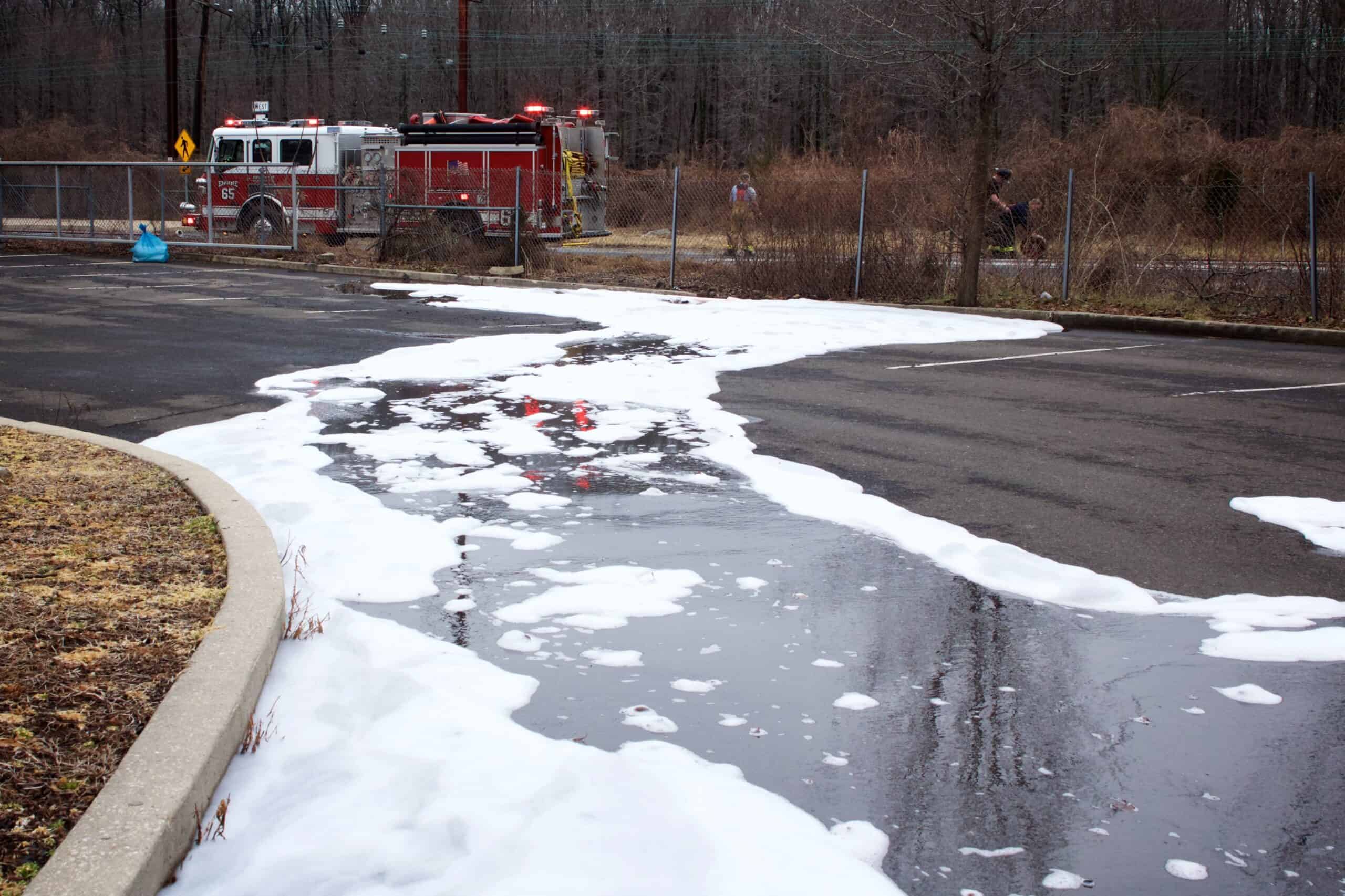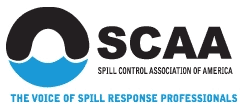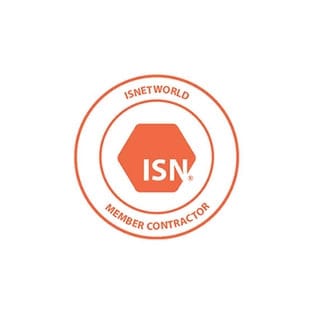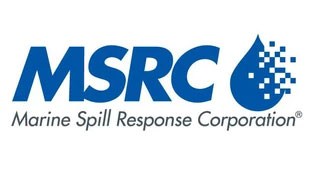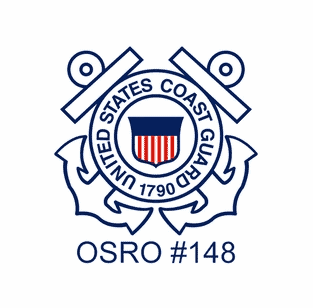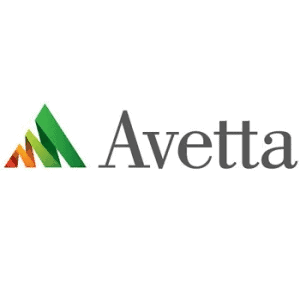In recent years, per- and polyfluoroalkyl substances (PFAS) have become critical environmental issues. These are artificial chemicals used in various industrial and consumer products, such as non-stick cookware, stain-resistant fabrics, firefighting foam, and food packaging. These substances can accumulate in the human body over time and contaminate the environment.
In this blog post, we’ll take a closer look at PFAS and its impact on human health and the ecosystem. We’ll also cover the role of the Environmental Protection Agency (EPA) in addressing this challenge and how Hull’s Environmental Services can help tackle it.
The Environmental and Health Implications of PFAS
PFAS are also called “forever chemicals” because they don’t naturally break down in the environment. Once released, they can persist for decades or centuries, accumulating and potentially entering the food chain.
Human health is at risk due to PFAS exposure. Recent research has linked it to a range of health problems, including:
- Cancer
- Development issues in infants
- Liver damage
- Weakened immune system
Environmental consequences are equally alarming. PFAS can leach into soil and water from landfills, wastewater treatment plants, and industrial sites. Since these substances can bioaccumulate meaning they accumulate in the tissues of animals they can potentially affect entire ecosystems.
EPAs Steps in Addressing and Regulating PFAS
EPA is at the forefront of setting standards and guidelines related to PFAS to protect public health and the environment. Recently, the agency shifted its enforcement focus towards addressing this substance.
The EPA’s updated National Enforcement and Compliance Initiatives include targeting entities that significantly contribute to its release into the environment. Experts believe this approach could prompt manufacturers to seek alternatives to PFAS-containing materials in their products. Meanwhile, the waste industry emphasizes the need for scrutiny upstream at the manufacturing level to control contamination.
EPAs current pace of regulatory development has led some states to adopt their own rules and regulations to address PFAS pollution. Entrepreneurs and business owners should know these state-specific regulations to ensure compliance.
While significant progress has been made in understanding this chemical, there are critical aspects that EPA researchers and partners are still actively figuring out:
- Detection and measurement of PFAS in the environment
- Exposure levels
- Health effects
- Removal from drinking water
- Management and disposal
Hull’s Environmental Services: Your Partner in PFAS Remediation and Management
Amidst the uncertainty surrounding PFAS regulations, businesses need a reliable partner to navigate the complexities of this emerging environmental pollutant. Hull’s Environmental Services is here to assist you in two critical areas:
Environmental Remediation
Our expertise in soil and groundwater remediation ensures that your business can effectively address PFAS contamination issues. We offer a variety of solutions to clean up affected sites and restore them to compliance with emerging regulations. Collaborating with businesses, we create tailored plans that reduce liability and costs while enhancing cleanup efficiency and restoration efforts.
Some of our environmental remediationsolutions, include:
- Brownfields remediation
- Contaminated soil excavation
- Dredging/sediment remediation
- Environmental containment
- Environmental restoration
- Facility decontamination/demolition
- Hazardous waste management
- Landfill cell cap construction
- MGP site restoration
- PCB testing, removal, remediation
- Pit, pond, and lagoon closure
- Soil stabilization, solidification, and mixing
- UST/AST tank removal
- Vacuum excavation extraction
Waste Management
Proper disposal of PFAS-contaminated soil, groundwater, and other mediums is crucial. Hull’s Environmental Services provides safe and compliant waste management solutions, helping you minimize environmental impact and regulatory risks.
Our services encompass waste classification, profiling, manifesting, and safe transportation to authorized treatment, storage, and disposal facilities (TSDF). Regardless of your waste type, we deliver dependable and strategic solutions tailored to meet your hazardous and non-hazardous waste disposal requirements. Operating from Florida, Texas, Georgia, Tennessee, and Oklahoma, we possess all the essential permits and licenses for the transportation and disposal of diverse waste streams.
Take Action Against PFAS Contamination With Hull’s Environmental Services
If you’re concerned about PFAS contamination in your area or need remediation assistance, look no further than Hull’s Environmental Services! We specialize in environmental cleanup and can provide expert guidance and solutions to address PFAS-related issues. Together, we can work towards a cleaner, safer environment for present and future generations! Contact us today to learn more and take action.

